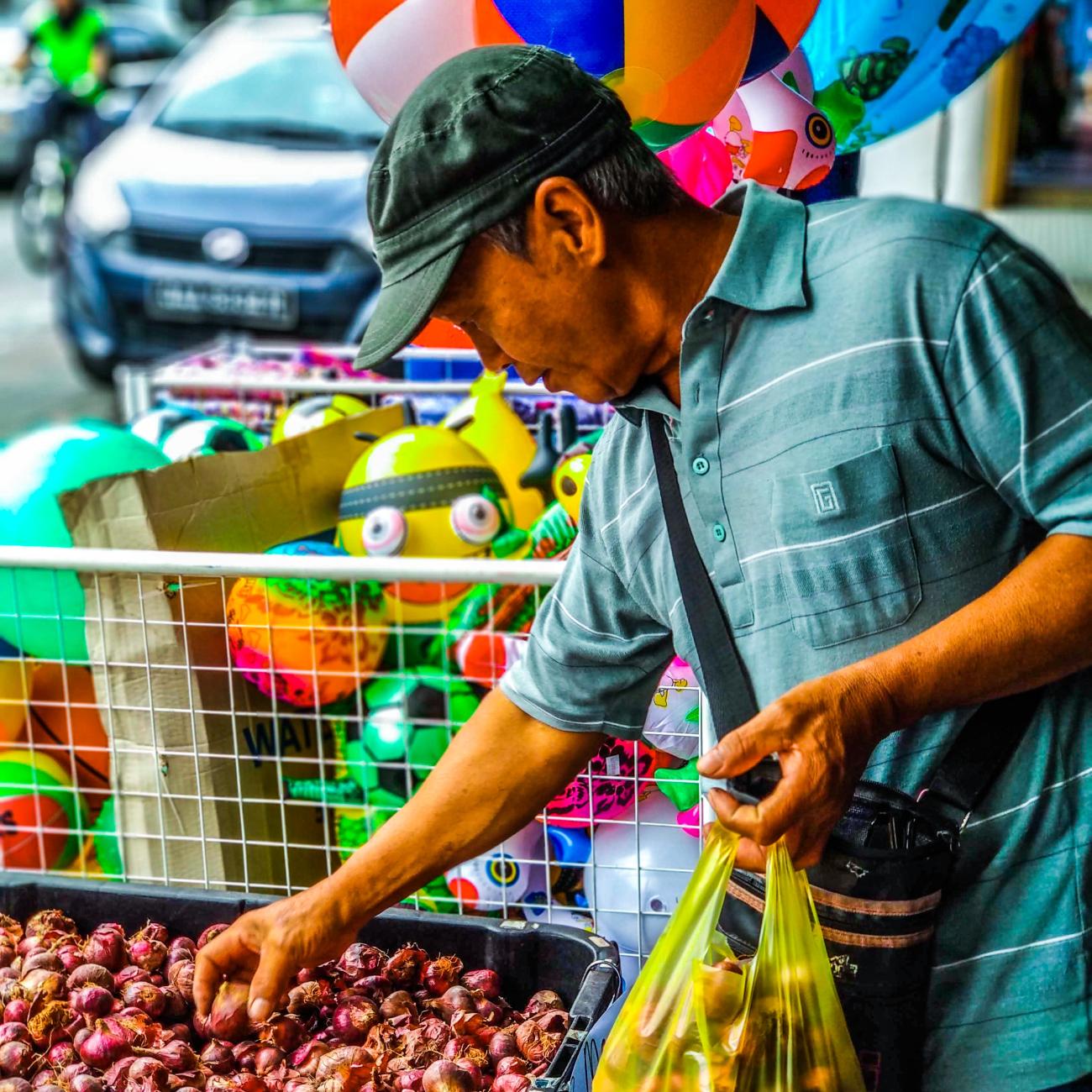Impact Of Covid-19 On Businesses
The travel industry is the backbone of globalization, runs numerous businesses such as wholesale, retail, import, export, and so on. Both, the essential and the non-essential goods have seen shortage, due to the ban on international travel levied on the 31st of March’20. Therefore, making it enormously taxing for industries worldwide to bear consequences.
COVID-19 enforces obstructions towards businesses as laws of quarantine and social distancing leave multiple industry stakeholders stranded. They witness a shortage in labor; in turn a disruption of supply chains and declining sales. Industries facing crisis also include those dealing with technology, automobile, every-day consumer goods, and pharmaceutical companies.
Although as time passes by, there is an ongoing relaxation on restrictions of international travel, it is vital to acknowledge — flights operate at a maximum of 20% occupancy rate. Affecting both the consumers as well as the airline operators and the travel industry, at large. The further challenge being, growing uncertainties regarding the lifespan of the virus. Unprecedented situations force one to question its growing scale and pace, future measures, and further predicted changes it may bring into routines. Apart from the various ‘already significant’ shifts, the world seems to have accepted, in both personal as well as professional realms.
India has seen an overall dip of 16 percent from 1 March-19th March in the first quarter. Also, there is a decrease in the export by 8.2 percent (Source TOI) within the same first 2020 quarter. India functions as a trading partner with several countries. India exports Spices, Nuts, Fruits Vegetables, etc. As an overview, to express clarity export and import can be segregated into the following categories:
1. Essentials Goods

Essential Goods are necessary goods that hold importance in day-to-day life. These are goods majorly comprise of food items. Raw, Packed, or Frozen foods, all fall into this category. Consequently, products & equipment of Medical & Pharmaceuticals also come under Essential Goods as they are as vital for day to day needs.
2) Non- Essentials Goods:

Non Essential Goods include goods one can survive without. These goods or products are nonessential goods such as chemical products, textiles, engineered goods, minerals, and so on.
3) Luxury Goods:

Luxury Goods are goods that hold an important status within society such as precious metals or stones including Gold/ Silver/ Gems/Jewels or Premium Automobiles.
The effects of change are already visible in the USA; which remains India's largest Exporter shifting about 50 Million. India’s declining export has been plunged to 1.13 percent as of June.
| PRODUCTS | CHANGE IN PERCENTAGE RATES |
|---|---|
| Iron Ore | 63.11 |
| Oil Seeds | 50.48 |
| Rice | 32.72 |
| Oil Meals | 22.92 |
| Other Cereals | 19.35 |
| Organic & Inorganic Chemicals | 19,06 |
| Drugs & Pharma Products | 9.89 |
| Processed Foods | 13,8 |
| Fruits & Vegetables | 11.01 |
| Coal & Other Ores | -1.13 |
Source: https://www.statista.com/
FEEL FREE TO CONTACT US IF YOU HAVE ANY QUESTION
CONTACT US ON: http://www.kgskalliance.com/contact-us.html





